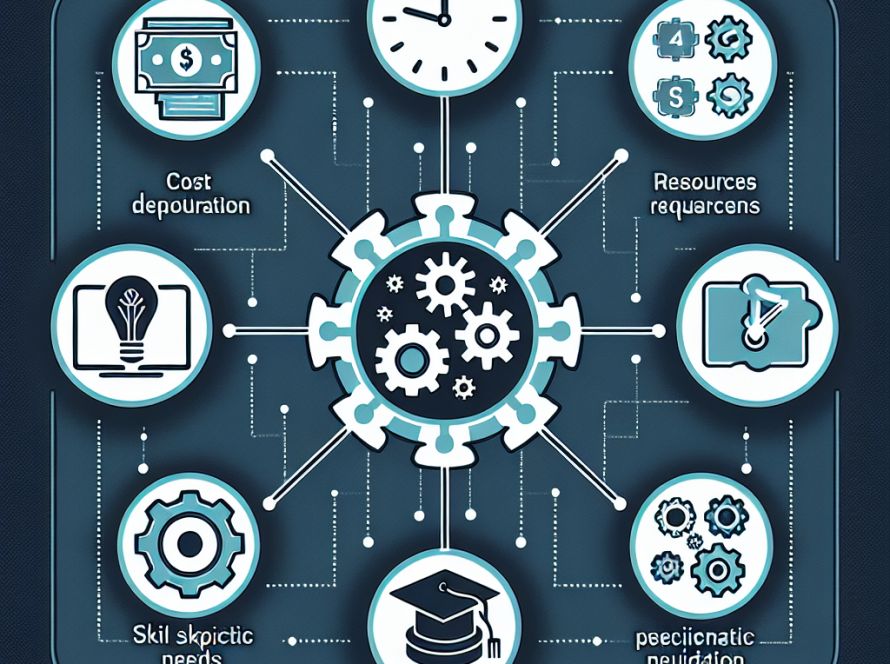With the integration of Artificial Intelligence (AI) such as AI-powered chatbots in healthcare, patient care and overall experience have been revolutionized. However, the growing use of Generative AI could also offer pivotal advances in healthcare, but it needs to be handled carefully to avoid potential risks.
Generative AI can create personalized treatment plans for patients by analyzing their medical history, genetic information, and lifestyle factors. A hypothetical example is a patient named Sarah who is struggling with a chronic condition. By evaluating her comprehensive data, the AI could create a custom treatment plan considering her genetics and lifestyle. This plan could not only be more effective, but also tailor-made to her preferences, greatly improving her wellbeing.
Generative AI also has the ability to generate synthetic data for research. This data, which imitates real-world patient data, can be utilized by researchers to craft innovative healthcare solutions while safeguarding patient privacy. For instance, when a group of medical researchers require patient data for their studies on a rare disease, Generative AI can produce synthetic patient data that mimics real records and allows the research to progress without breaking any confidentiality protocols.
Medical imaging, an essential aspect of patient diagnosis, can be improved by Generative AI. For example, a doctor reviewing a lower-quality MRI scan can use Generative AI to enhance the image, achieving a more accurate diagnosis and alleviating patient anxiety.
Furthermore, Generative AI can create educational materials based on each patient’s comprehension level and preferences, ensuring that patients receive information in a format that resonates with them. For a patient having difficulty understanding complex medical literature, Generative AI can generate customized content such as videos, infographics, and simplified texts that align with their level of understanding.
Generative AI can also be used to develop virtual health assistants that respond to patient inquiries, remind patients to take medication, and offer emotional support. These assistants are available round-the-clock, improving accessibility to healthcare information and support.
Lastly, Generative AI is instrumental in accelerating drug discovery and development. By generating molecular structures and predicting their potential efficacy, pharmaceutical companies can identify promising drugs faster, providing patients with quicker access to groundbreaking treatments.
Despite the immense potential, it’s crucial to address potential risks associated with Generative AI. Measures such as using diverse and representative data to train AI models, implementing robust security measures, and conducting continuous monitoring and oversight can mitigate these risks.
In conclusion, the incorporation of AI-powered chatbots and the judicious use of Generative AI could revolutionize the healthcare industry, making it more patient-centric. By maintaining the appropriate balance and mitigating any potential risks, healthcare providers can reap the full benefits of AI, resulting in an improved patient experience.


